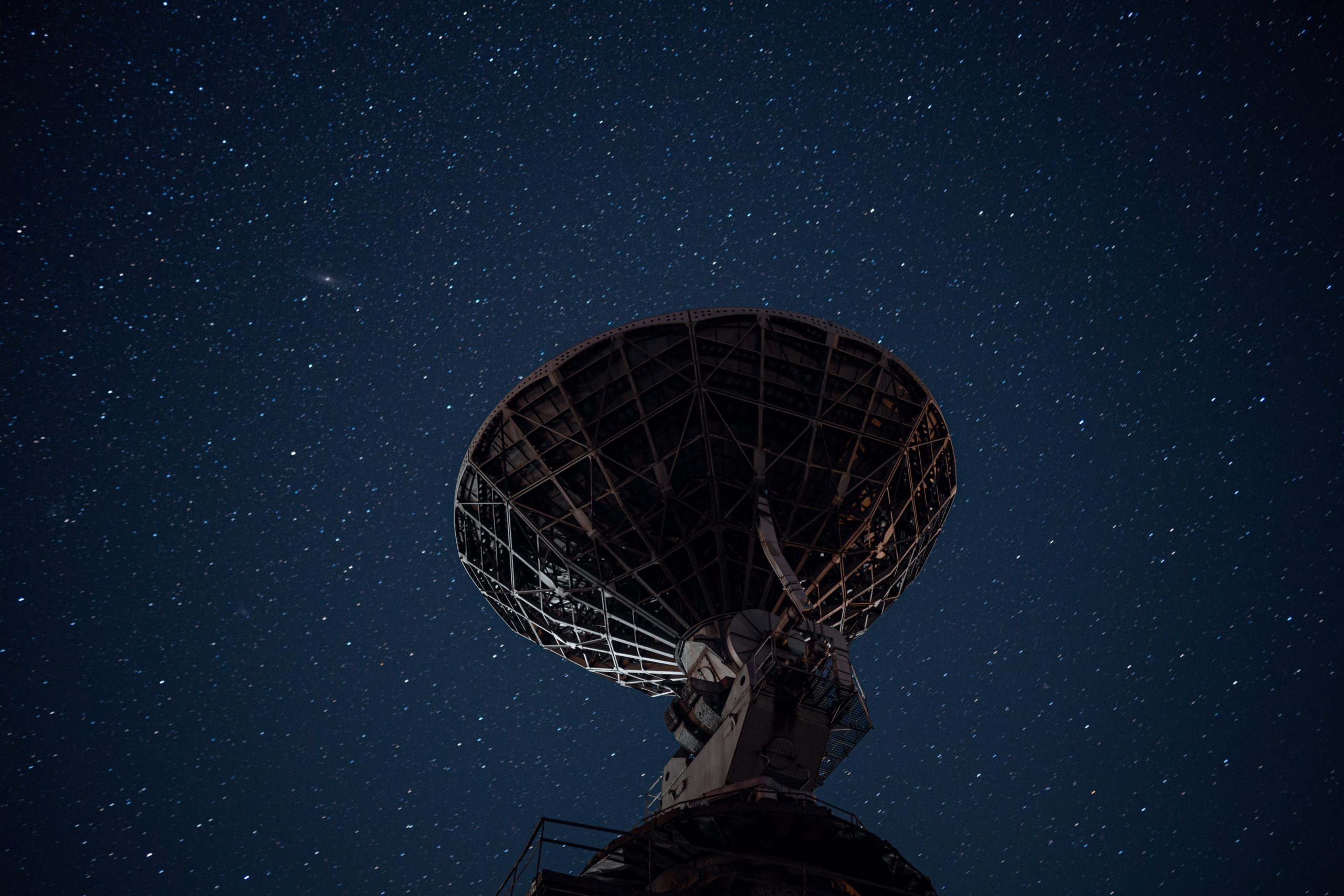1/17/2022
In January of 2015, SpaceX announced plans for a high speed satellite internet program called Starlink. The proposal includes a constellation of nearly 30,000 satellites in low Earth orbit at a range of altitudes from 340 to 614 km. The scope of this project is entirely unprecedented: the total number of satellites orbiting Earth as of January 2021 is only 6500.
SpaceX’s proposal provides a glimmer of hope for many rural communities, whose only hope for Internet thus far has been expensive and slow satellite internet from other providers. Since the announcement, SpaceX has launched just under 2000 communications satellites and amassed a customer base of roughly 145,000 utilizing their beta program. However, the abilities of this 2000 satellite constellation pales in comparison to what the company could provide with their proposed constellation.
However, progress towards Starlink’s final form has not been without major obstacles, the largest of which is SpaceX competitor Amazon. While the online shopping giant is less well known for its space program, it is fighting for space within the industry tooth and nail. SpaceX is required to get permission from the FCC to launch its constellation, but Amazon has been filing complaints, delays, and counterclaims in order to delay or even halt entirely the rollout of Starlink.
Amazon argues that the complex constellation requires significant effort to analyze, and that while Amazon may be “well positioned” to execute that analysis, that it may cause an undue burden on smaller space companies and the FCC itself. It seems likely, though, that Amazon’s interest in the case is less about concern for the abilities of smaller space tech companies to express concerns about Starlink, and more for their own self interest.
Amazon has announced plans for their own high speed satellite internet network, called Kuiper. However, Amazon is clearly substantially further back in the development process of the network, as no hardware has been seen and no satellites have been launched.
Is Amazon just using legal finagling to slow SpaceX’s progress so that they can catch up and prevent SpaceX from dominating the market before Amazon can join them? Is Amazon abusing the FCC’s proceedings in order to waste time and pursue their own self-interests?

